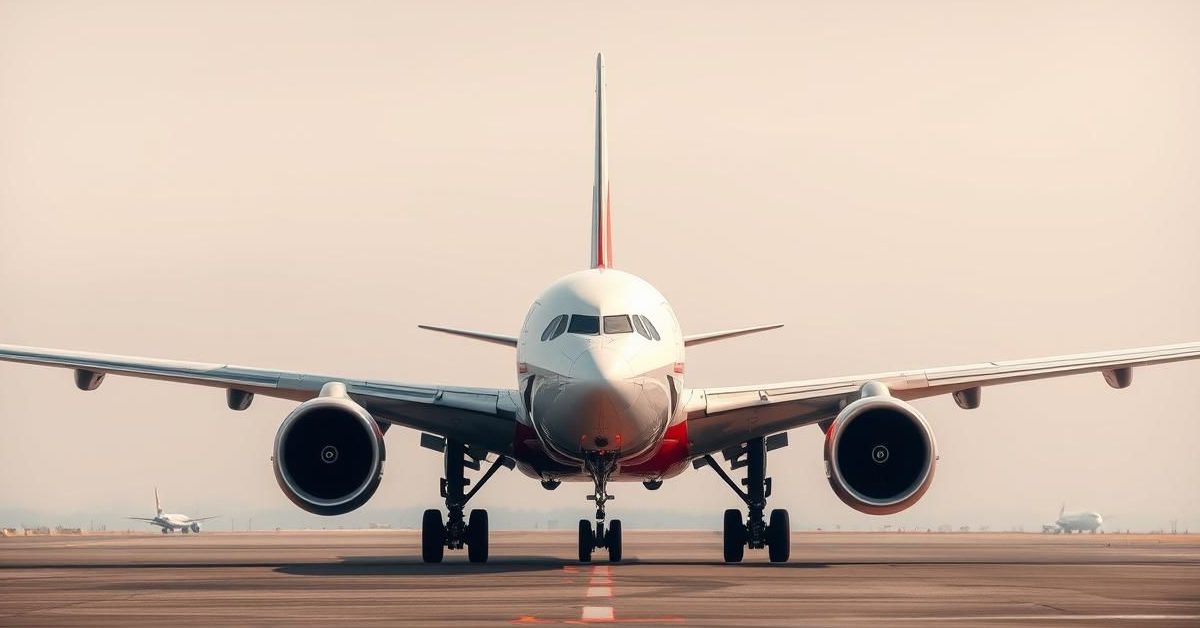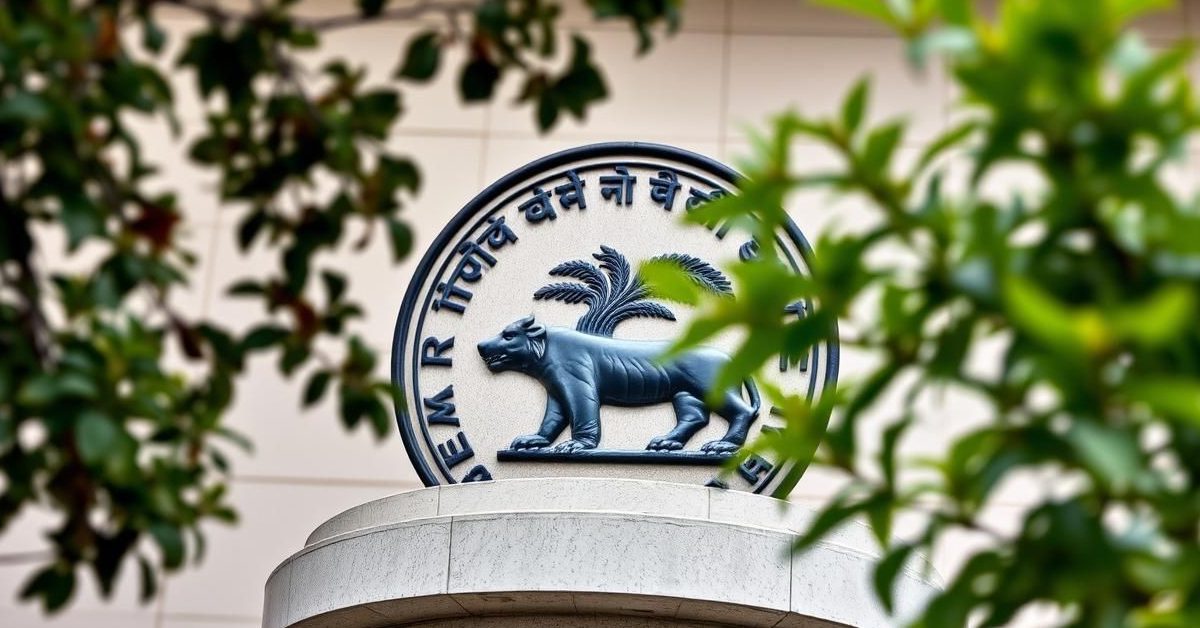India’s aviation regulator, the Directorate General of Civil Aviation (DGCA), has mandated inspections of fuel switch locking systems on Boeing 787 and 737 aircraft after a recent Air India crash investigation highlighted issues with these switches.
New Safety Directive Issued by DGCA
The DGCA announced on Monday that all airline operators with Boeing 787 and 737 aircraft must conduct thorough inspections of their fuel switch locking systems. This directive comes as a critical step to enhance aviation safety across the country.
Airlines are required to complete these inspections by July 21, 2025. Following the inspections, they must submit detailed plans and reports to the DGCA, with intimation to their respective Regional Offices.
Fuel control switches are vital components that regulate the flow of fuel to an aircraft’s engines, directly impacting its operational safety.
The Air India Crash Investigation
This directive follows the preliminary report into the Air India Boeing 787-8 crash, which occurred on June 12 in Ahmedabad. The flight, bound for London Gatwick, crashed shortly after takeoff, tragically killing all 260 people on board.
The Aircraft Accident Investigation Bureau (AAIB) released its preliminary findings on Saturday. The report indicated that the fuel supply to both engines was cut off within a single second, leading to immediate confusion in the cockpit.
Cockpit voice recordings revealed one pilot questioning the other about cutting off the fuel, to which the other pilot denied doing so. While the report detailed these findings, it did not recommend any specific actions at the time.
Past Concerns from the FAA
Interestingly, the issue of potential disengagement of the fuel control switch locking feature is not entirely new. Back in 2018, the Federal Aviation Administration (FAA) had highlighted this concern in a Special Airworthiness Information Bulletin (SAIB).
However, the FAA did not issue an Airworthiness Directive (AD) at that time, suggesting the issue was not considered an immediate safety risk. Now, both international and domestic operators have begun inspections based on the FAA’s earlier SAIB.
Airlines Affected
Several major domestic carriers in India operate the Boeing 787 and 737 aircraft models. These include Air India, Air India Express, Akasa Air, and SpiceJet, all of whom will need to comply with the DGCA’s new inspection requirements.
- The DGCA has ordered inspections of fuel switch locking systems on Boeing 787 and 737 aircraft.
- Airlines must complete these inspections by July 21, 2025.
- The directive follows a preliminary report on the Air India Boeing 787 crash, which found fuel switches were cut off.
- The FAA had previously flagged concerns about these switches in 2018, though it did not issue a mandatory directive.
This proactive step by the DGCA underscores the aviation regulator’s commitment to ensuring the highest standards of safety for air travel in India.














